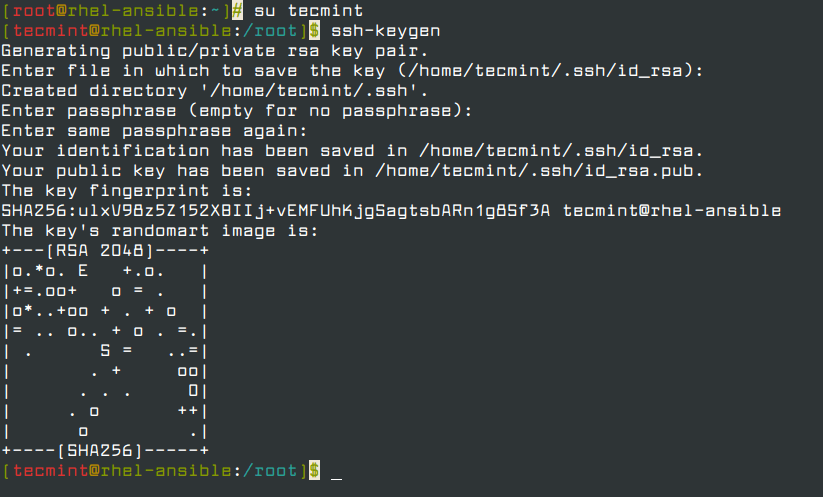
I'd still recommend having username/password for the admin account just in case your keys get borked or your laptop dies. That's it, now you need to do it for your backup controllers and then you can finally turn off your RADIUS or TACACS server to the controllers. this is obviously a bug, and this is the workaround for it so far.

You can cli as well, but if you do this, your backup controller will not have the option propogated over. It supports parsing and packing keys of all types currently supported by OpenSSH: It can optionally encrypt and decrypt private keys using the bcrypt key derivation function and any cipher.

If you're at least this version, the instructions below should work.

#Openssh private key mac
Check OpenSSL version on your Mac by typing command "openssl version", mine is OpenSSL 0.9.8zc.Not sure if its still relevant to anyone, but this is how you convert your openssh certs to a format that Aruba likes.įirst this is mostly tested on Macs, since that's what we run here, if you run windows or Linux, you're kinda on your own: Ok, I bashed on this for an hour and finally managed to get this working.


 0 kommentar(er)
0 kommentar(er)
